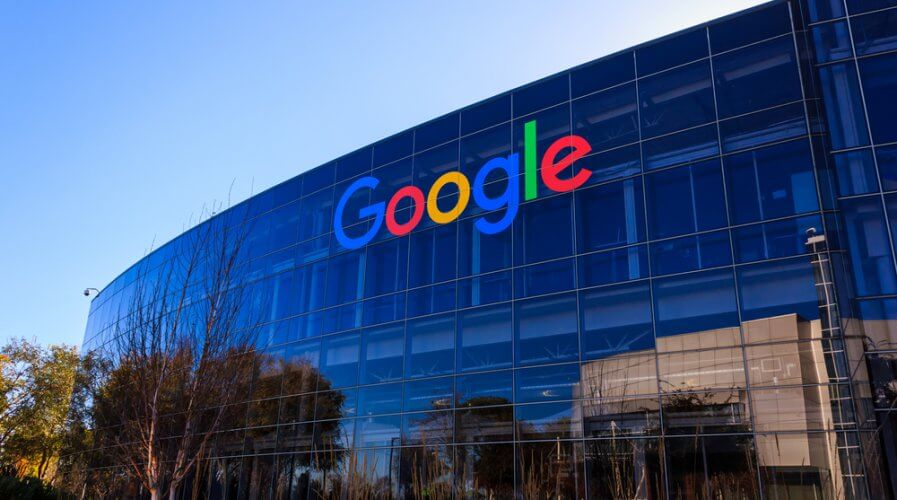
Source: Shutterstock
Google’s mute button to hit e-tailer’s beloved retargeting strategy
GOOGLE has recently announced a new feature to wow its users: the option to mute advertisements from websites that use ‘reminder ads’ to target shoppers who’ve visited but not made a purchase.
Rolled out for apps and partner websites, the ability to mute advertisements will soon be available across Google devices and platforms such as Youtube, Search, and Gmail.
In a recent blogpost, Jon Krafcik, Group Product Manager, Data Privacy and Transparency, Google, said that the company received 5 billion pieces of feedback from customers telling them that they would like to mute an ad that isn’t relevant to them.
“We incorporated that feedback by removing 1 million ads from our ad network based on your comments,” said Krafcik in his blogpost.
For a business owner’s perspective however, this announcement might have immediate repercussions for their top line, especially in case the company is primarily engaged in e-tailing. Their customers visit their website, look at products that interest them, but don’t always buy what they add to their cart – not immediately at least.
To avoid losing these prospective customers somewhere in the sales funnel, their marketing team uses a retargeting strategy. In practice, they use these ‘reminder ads’ to follow customers around the web, capture their attention, and help seal the deal.
Obviously, the announcement is worrisome for small business owners and new entrepreneurs. Advertising and digital marketing agencies, however, insist it isn’t all that big of a challenge.
Amruta Zaveri, Managing Partner, Premier Pegasus Consultants told Tech Wire Asia, “It’s a good thing, really. Putting the customer in charge of the ads they see, so my client only targets people who’re actually interested. Besides, there’s still Facebook – and retargeting is just as effective, easy, and measurable there. My customers won’t be losing any sleep over this.”
Some believe that this move is part of Google’s preparation to help businesses comply with the European Union’s General Data Protection Regulations (GDPR) that will come into effect in May this year.
“Google has made it clear that it doesn’t collect and provide access to personal information of users, however, the announcement by Google is another example of the control we’re slowly losing over how we target our ads in light of the strict requirements specified by the GDPR,” said Zaveri.
READ MORE
- Ethical AI: The renewed importance of safeguarding data and customer privacy in Generative AI applications
- How Japan balances AI-driven opportunities with cybersecurity needs
- Deploying SASE: Benchmarking your approach
- Insurance everywhere all at once: the digital transformation of the APAC insurance industry
- Google parent Alphabet eyes HubSpot: A potential acquisition shaping the future of CRM






